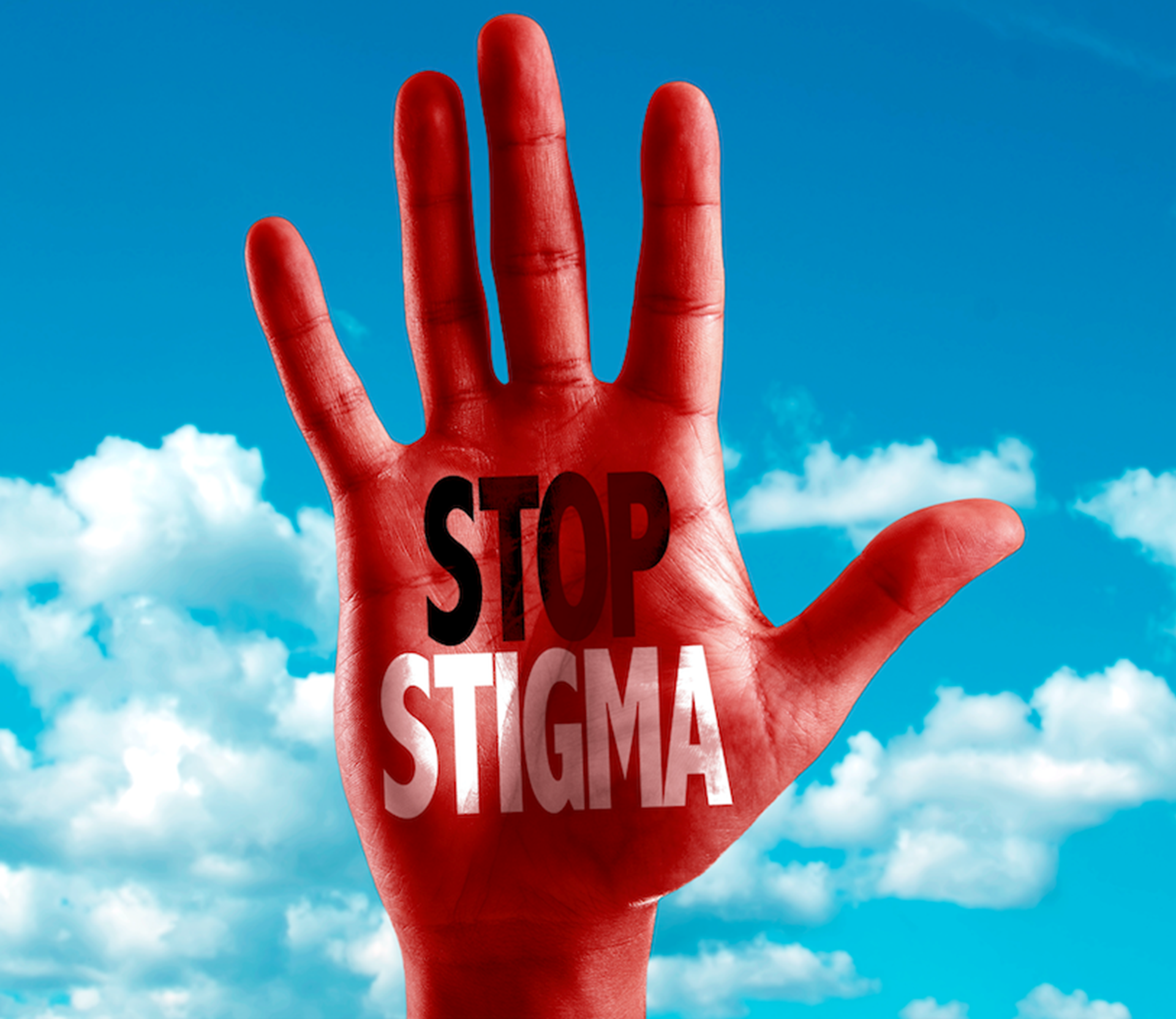Reducing the Stigma of Addiction
Published: 01/04/2020
How does stigma affect recovery?
Even if society’s opinion on mental health and addiction has shifted over the last decade, the stigma around addiction is still very common in many countries. Unfortunately most people with a history of substance use have experienced signs of stigma at some point in their lives. The concept of stigma can be described as a negative set of beliefs of a certain group within society. Stigma is a public health threat that results in higher death rates and less treatment for individuals experiencing drug or alcohol dependence.
Often, family and friends hold negative thoughts of people using substances, without considering facts or scientific evidence. This often leads to discrimination, where words associated with stigma such as “junkie”, create negative labels. Feeling labelled and excluded massively decreases treatment engagement, and research suggests that as little as 10 % of people who abuse substances, actually seek treatment. Stigma has a negative impact on people’s mental health, lowers self-esteem and affects social lives.
A country which actively tries to reduce stigma around addiction is Portugal. In 2001, Portugal decriminalised the use of all drugs which aims to treat possession and use as a public health issue rather than a criminal offence. This method reduces stigma around addiction on a public level and is highly concerned with encouraging people to engage in treatment. The approach is very effective which is shown by a high decrease of criminal activities associated with substance use and works so well that other countries are already starting to look into similar strategies to reduce the stigma around addiction.
Strategies to cope with stigma around addiction:
If you experienced stigma around your substance use and you are in recovery, there are useful strategies to cope with these negative assumptions. Furthermore, there are some steps, everyone can take to actively fight stigma around addiction and make a long-lasting change.
- Engage in treatment: Getting the help and support your need, is key to cope with stigma, especially peer led groups such as AA/NA or other recovery groups are a great platform to openly talk about substance use without getting judged. The group dynamic connects people who share similar experiences.
- Educate others: Speak up to inform and educate others who hold negative beliefs around people struggling with substance use and recovery. Openly communicate your experiences with stigma to share your story and show everyone that substance abuse doesn’t have to be a taboo topic in society anymore.
- Stay focused on recovery: There will always be people who won’t understand the nature of addiction and how difficult it can be to manage recovery. Staying focused on your own recovery helps to stay positive and maintain sobriety long-term.
- Acceptance: Accepting that you have an illness is the first step in recovery. It is important to rebuild your identity which isn’t based around substance use anymore. Accepting yourself for who you are and expressing compassion towards yourself helps to reduce stigma around addiction. Mindfulness, yoga and meditation are a great way to practice acceptance and self-compassion.
How does Right at Home support your recovery?
The Addiction Recovery team of Right at Home Central London always puts people first and actively fights against all kinds of discrimination. It is especially important to us to support your recovery by providing a safe and respectful space for you to be open about everything concerning your recovery.
One of our main aims is to reduce the stigma around addiction and put people first to optimally support your recovery.
Learn more about our Addiction Recovery Support service here.

